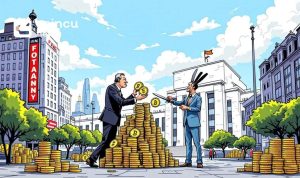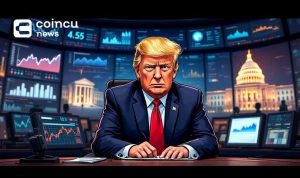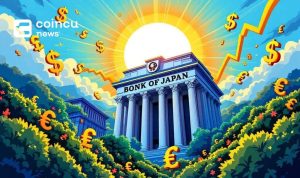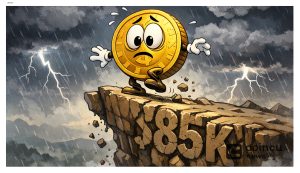- White House internal divisions over tariff policy surface, causing potential global financial impacts.
- Scott Bessent and Peter Navarro’s tariff clash highlights strategic differences.
- Market observers and industry leaders brace for potential volatility.
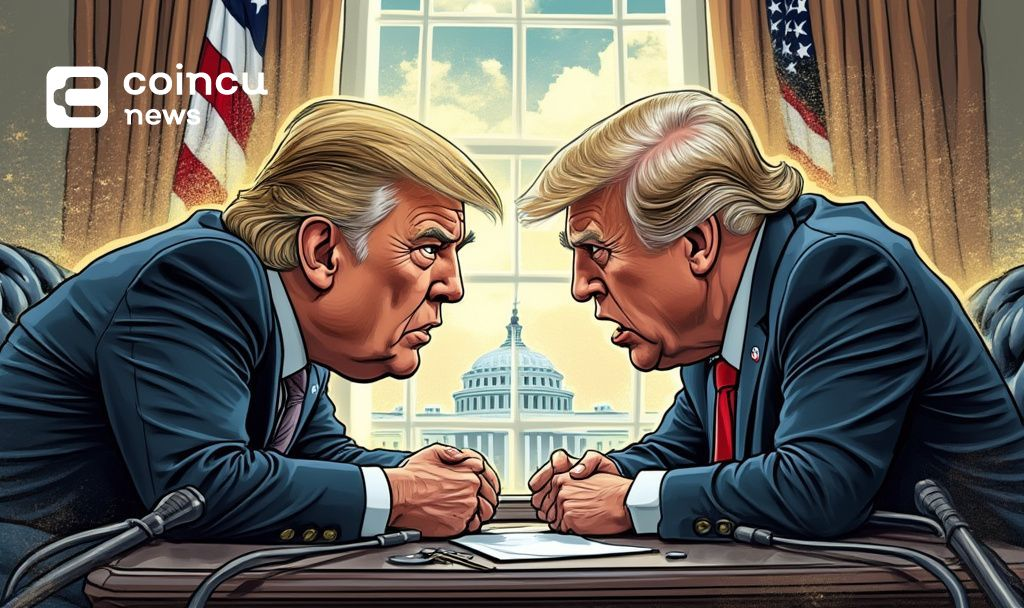
Senior advisors to President Donald Trump are facing internal disputes over U.S. tariff policies, with divisions surfacing even before the April 2 executive order.
The disagreements within Trump’s team could lead to significant global financial market impacts amidst ongoing debates and differing viewpoints.
Advisors’ Tariff Strategy Conflict: Bessent vs. Navarro
Internal divisions within the Trump administration have emerged as advisors debate over U.S. tariff strategies. Scott Bessent and Peter Navarro clashed privately regarding the implementation of tariffs. Navarro advocated for a comprehensive 25% tariff on $3 trillion of imports, while Bessent warned of market risks.
“I’ve had these countries call me up. ‘Secretary Bessent, we’re happy you’re going to be negotiating.’ Well, President Trump’s going to be involved, too,” stated Scott Bessent during a cabinet meeting.
Market analysts suggest that aggressive tariff proposals could trigger financial volatility, with the U.S. Treasury Secretary urging moderation to bolster market confidence. Industry leaders are increasingly mindful of the potential for market instability as discussions continue.
Government and industry reactions highlight the mixed message, intensifying scrutiny of White House trade strategies. High-level officials continue negotiations, aiming for a balance between protectionist measures and economic stability.
Tariff History and Economic Implications in Focus
Did you know?
During the 2018-2019 tariff cycle, U.S.-China trade tensions led to market volatility and supply chain disruptions, echoing the current situation with even greater potential impacts.
Past tariff implementations, notably those from 2018-2019, have led to retaliatory measures and significant supply chain upheavals. Such actions historically increased consumer prices and diminished investor confidence. As tariff debates persist, experts caution that these protective measures could escalate tensions and affect global trade alliances.
Financial experts emphasize that while no direct ties to crypto assets are evident, wider market volatility could indirectly sway digital currency markets, prompting investors to reassess positions. Observers continue to analyze potential outcomes, urging a strategic approach to mitigate overarching economic risks.










